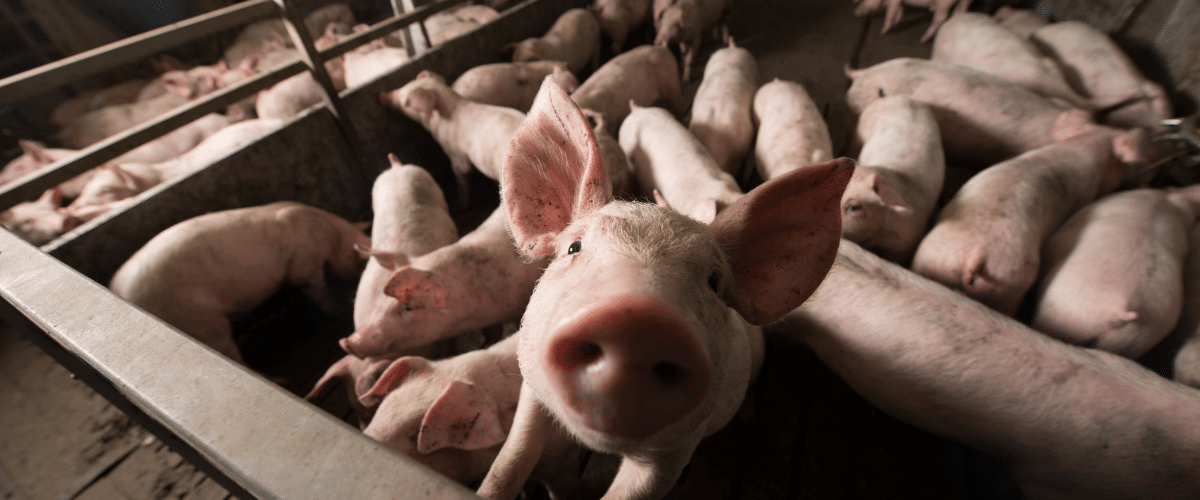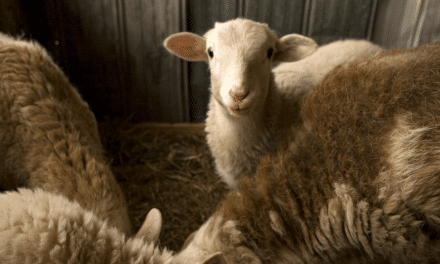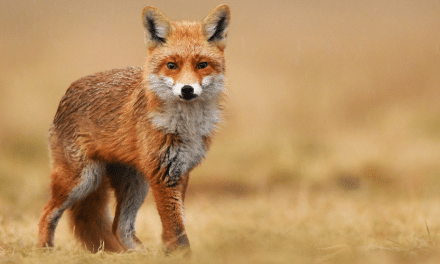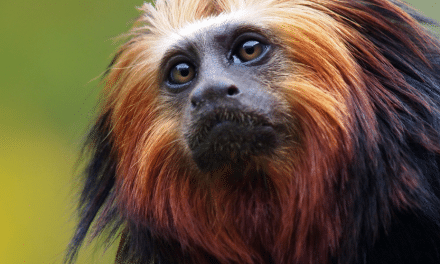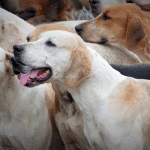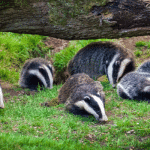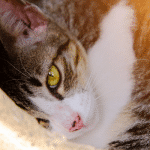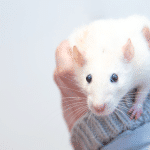By Cathy Jaquiss & Alexis Slatter, barristers-at-law
The recent judicial opinion in McKiver v. Murphy-Brown, LLC (4th Cir. 2020) features insightful analysis of what happens when the farming industry forgets that better treatment of non-human animals will benefit humans. Documenting the worst of factory farming practices, McKiver looks at how awareness of the adverse effects of poor farming practices on humans, especially frequently marginalised groups, may lead to an advancement in the welfare of non-human animals.
The judicial opinion found that failure to recognise that the health of farmed non-human animals is integrally connected to humans’ welfare contributed to the worst of factory farming practices.
At the centre of the appellate litigation was Kinlaw Farms, which comprised a dozen swine houses, with a permit to house more than 14,000 at a time, and three 8 million-gallon open ‘lagoons’ holding a slurry of feces and urine.
The farm was under contract to Murphy-Brown LLC, the hog production subsidiary of Virginia-based Smithfield Foods, Inc. which directed Kinlaw’s operations. In 2013, Smithfield Foods, Inc. became a wholly-owned subsidiary of Shuanghui International Holdings Limited, which later changed its name to WH Group. More than two dozen lawsuits were filed in 2014 by more than 500 North Carolinians, culminating in five bellwether trials in 2018 and 2019 that all resulted in verdicts against the multinational subsidiary (even the two in which the defendant chose the plaintiffs).
Following the jury verdicts, Smithfield removed its hogs from Kinlaw farms. In the first of the cases appealed, Murphy-Brown (the only named defendant) was found guilty of nuisance through its operations at Kinlaw, to the extent of a multi-million dollar award of punitive damages. In a judgment delivered on November 19, 2020, a federal appeals court upheld the jury’s finding of liability to punitive damages and refused a retrial.
For the conservative Reagan appointee Judge Wilkinson, who wrote a separate concurring opinion, it was “past time to acknowledge the full harms that the unreformed practices of hog farming [were] inflicting”.
In a lucid and literary opinion, Judge Wilkinson first observes that the root of the nuisance in the case “lay in the deplorable conditions of confinement”: the pigs arrived at around 40 lbs, to be fattened to over seven times their starting weight without any increase in the size of their indoor pens. This “[reduces] them to almost suffocating closeness”, preventing their feces and urine from fully flushing to the open lagoons to be sprayed into the air to fertilise nearby crops. “The dangers endemic to such appalling conditions always manifested first in animal suffering. Ineluctably, however, the ripples of dysfunction would reach farm workers and, at last, members of the surrounding community.”
The Judge describes in detail how a triangular rotation first among animals and then workers before reaching homeowners was entirely unsurprising in relation to issues of air quality, disease, and death. Indeed, the outbreak of “swine flu” in the USA in 2009 demonstrated how pathogens can incubate and mutate in pigs and jump to human hosts. In addition, “these interlocking dysfunctions were characteristic not just of close confinement but the lagoon-and-sprayfield system as well.” It was no surprise that environmental and health concerns with the lagoon technology included emissions of ammonia, odours, pathogens, and water quality deterioration. Water quality concerns were especially pressing because, like many eastern North Carolina hog facilities, the lagoons sat on flood plains, and waste easily flowed into the nearby Cape Fear River. “Needless to say, deterioration in the local water quality is a grievous blow to both animal and human welfare. Here as elsewhere, these two values are not orthogonal, but integrally connected.”
When explaining how the record fully supported the jury’s finding that punitive damages were warranted, Judge Wilkison stated “it is well-established – almost to the point of judicial notice – that environmental harms are visited disproportionately upon the dispossessed – here on minority populations and poor communities.”
The problems arising from the conditions of confinement or the sprayfield system could have been mitigated, for example by decreasing the number of hogs in each shed, installing covers on lagoons, removing pollutants from the air prior to ventilation, or even employing more labour to keep the swine houses cleaner.
The opinion ends with reference to Wilbur, the pig in E.B. White’s Charlotte’s Web, stating that while all pigs may not be as lucky, “it is fitting that the creatures who give their very lives for us, receive in return our efforts to make their brief stay on earth less intolerable. For their sake and for ours. Such is the web of life.”
According to the U.S. Department of Agriculture, over 99% of pigs are not provided access to the outdoors, and 76% of sows are confined to gestation crates. On factory farms, animals are intensively confined, with limited if any access to the outdoors and few opportunities to exhibit natural behaviours.
The Farm System Reform Act of 2019 (FSRA), introduced in the Senate last year by Sen. Cory Booker, seeks to provide a sustainable solution to the current factory farming model and its abhorrent treatment of factory farmed animals. It would limit the most egregious farmed animal cruelties (such as extreme confinement, the overuse of antibiotics, and brutal mutilations) and protect frontline workers, rural communities, and public health. Among the reforms is an immediate prohibition on construction of new large CAFOs (Concentrated Animal Feed Operations- often referred to as “factory farms”) and expansion of those currently operating. It would require all large CAFOs (defined as facilities that exceed a certain number of animals) to cease operating by 2040.
The McKiver opinion is a judicial expression of how human and non-human animal interests are interactive and complementary. When we advocate for the rights of non-human animals, we also advocate for the rights of the humans who are disproportionately affected by the farming industry.

